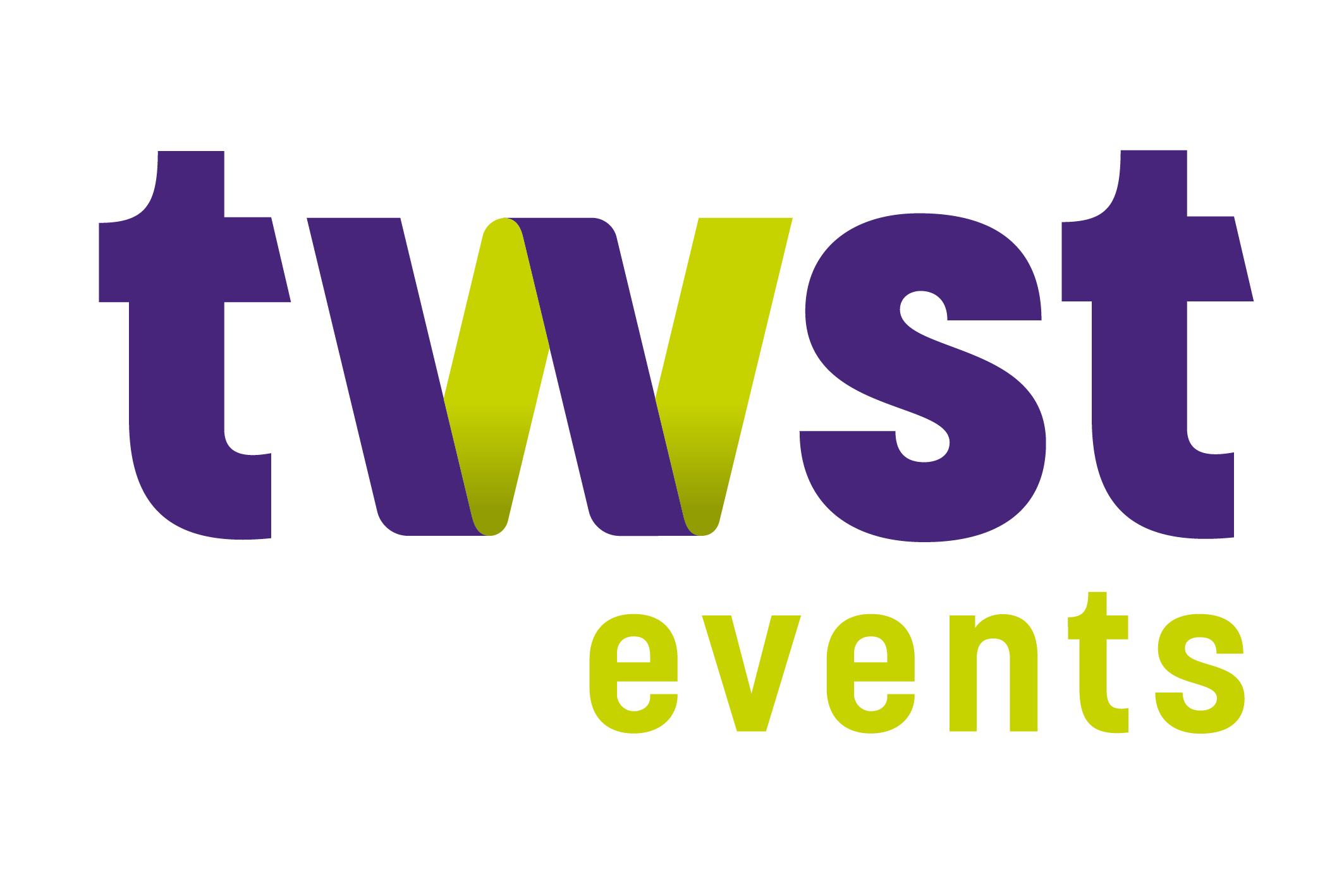It’s no secret that planning an event takes a huge amount of time and effort. On top of deadlines, you need to be able to keep up with constant changes — not just in a specific event, but also with the changes happening in the entire event industry. With the advancement of technology, organizing and executing a successful event has become a little more complex.
Event planners need to manage a range of factors, from event planning to communications, data, metrics, and everything else that will lead to a fulfilling real-time experience for attendees, stakeholders, and sponsors.
With all this in mind, how can you achieve event productivity and stay on top of your game? Consider the following tips that can lead to more efficient event planning:
Keep Your Notes Organized
First things first — keep all your notes organized and in one place where you can easily access them. Over the course of planning for your event, you’ll definitely be going back to your notes, so make sure you have them all filed away and labeled properly.
Whether you use cloud solutions or an event management platform, make sure that your notes are in a place you can access anytime, anywhere. Additionally, make sure they’re arranged in such a way that can be easily searched through whenever you need to pull out specific information.
Create a Prioritization Sheet
Aside from keeping organized, successful and productive event planners must know which tasks or aspects of the event take top priority. To determine which things need to be done, you must first be clear about your event goals. Decide on the main objective for your event and use that as a guide when prioritizing tasks.
Once you have a solid vision for your event, prepare a structured list (with deadlines) that includes every step of the planning process, from coordinating with an event logo designer to finding sponsors. Then schedule each task based on the most important ones that need to be accomplished. Try not to base scheduling so much on urgency because every event planner knows that most — if not all — tasks tend to be urgent.
Tick off your checkboxes one at a time. Avoid the urge to multitask as you’ll be more prone to mistakes, which can cause even more delays.
Don’t Be Afraid To Delegate
Aside from multitasking, one of the biggest temptations for event planners is to do everything by themselves. You need to realize that you’re only one person, and no matter how hands-on you want to be, you’ll accomplish more tasks in a timely manner when you delegate the right tasks to the right people.
With proper delegation, you can be more productive while motivating your team to be more engaged and invested in their work. Be sure to provide clear guidelines and set expectations right off the bat.
Similarly, outsourcing quality freelancers allows you to leverage their expertise for your event. There are many talented individuals you can hire for things like event photography, website design and development, customer support, etc.
Whether you’re delegating or outsourcing, one important thing you need to remember is to allow these teams or individuals to work independently. There’s no point in getting their help if you constantly feel the need to look over their shoulder.
Leverage Automation
Taking advantage of event automation software is also a productive move. Small, repetitive tasks such as email marketing or registering attendees can be efficiently addressed by the right software platforms. Besides being time-savers, automation can also help attendees have a smoother, more convenient, and unified brand experience even before your event begins.
On your end, as an event planner, automation allows you to focus on the more vital features of your event, as well as aid in the decision-making process since these types of software can quickly deliver the reports and data you need to make necessary changes.
Make Networking a Habit
As mentioned, working all by yourself is counterproductive. As an event planner, networking then becomes crucial, so you can connect and develop relationships with key people who can contribute to the success of your current and future events. These key people can include vendors, venue managers, event planning clients, etc. — all of whom are important in various stages of your event planning process. For all you know, the next event you’re organizing needs to take place in the city where that venue manager you had coffee with last week is based.
Expect the Unexpected
While diligent and strategic planning is crucial to the success of your event, what sets apart efficient event planners is their ability to adjust to unforeseen situations. Remember that nothing goes 100% as planned, so expect the unexpected. When applying the event productivity tips discussed above, make sure to allot some extra time for last-minute changes and requests. This way, you can minimize mistakes and provide a great event experience for all your attendees.
Relieve some of the stress on your shoulders by contracting with an event team that consistently sees those unforeseen situations before they arise. We have the capabilities to pivot quickly when needed. Contact us to see how we can help to ensure everything goes as planned.
References
https://www.socialtables.com/blog/event-planning/productivity-tips/https://attendease.com/5-event-planning-productivity-tips/
https://www.attendstar.com/blog/2017/10/24/productivity-tips-event-managers-prioritize/
https://www.bizzabo.com/blog/time-saving-event-planning-tips
Adapted and updated from Conference Scheduling Solutions, recently merged with TWST Events.





